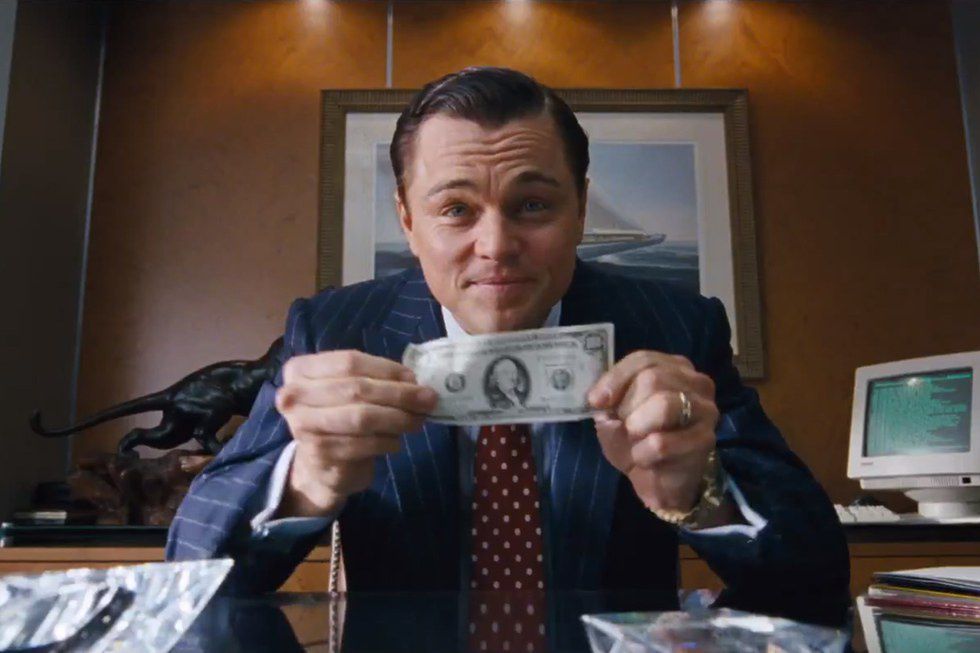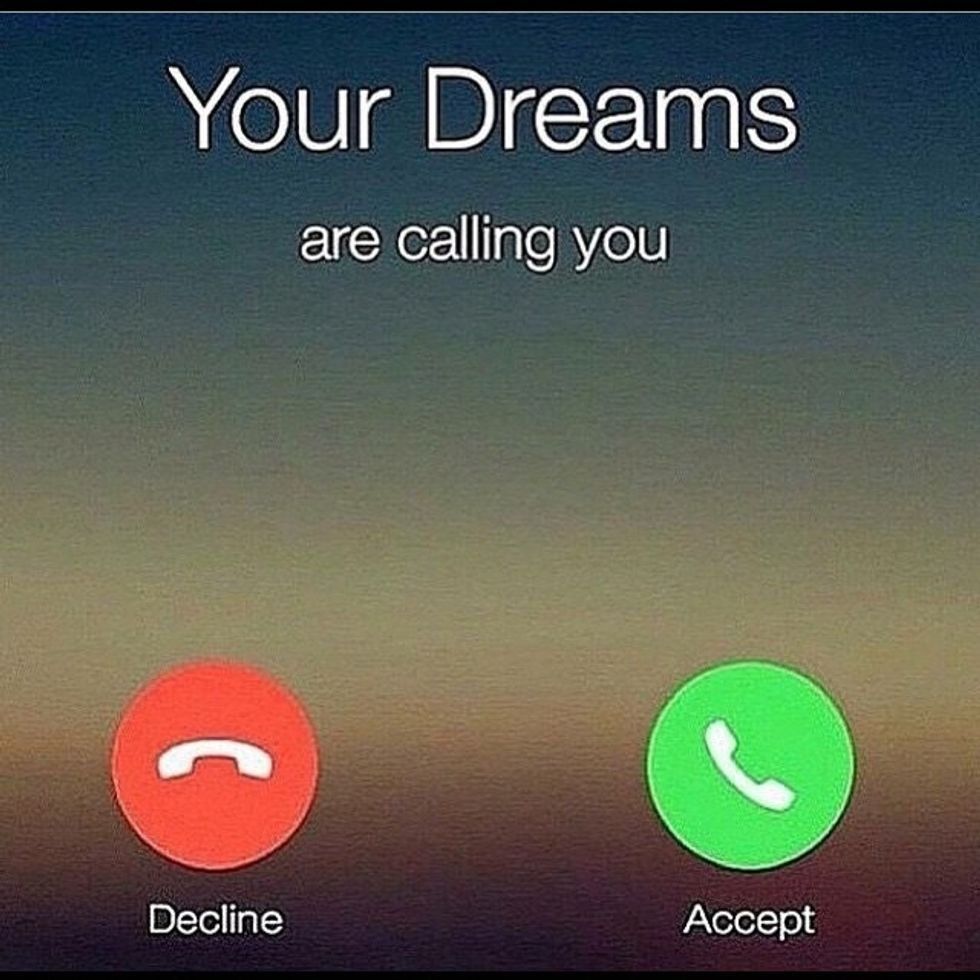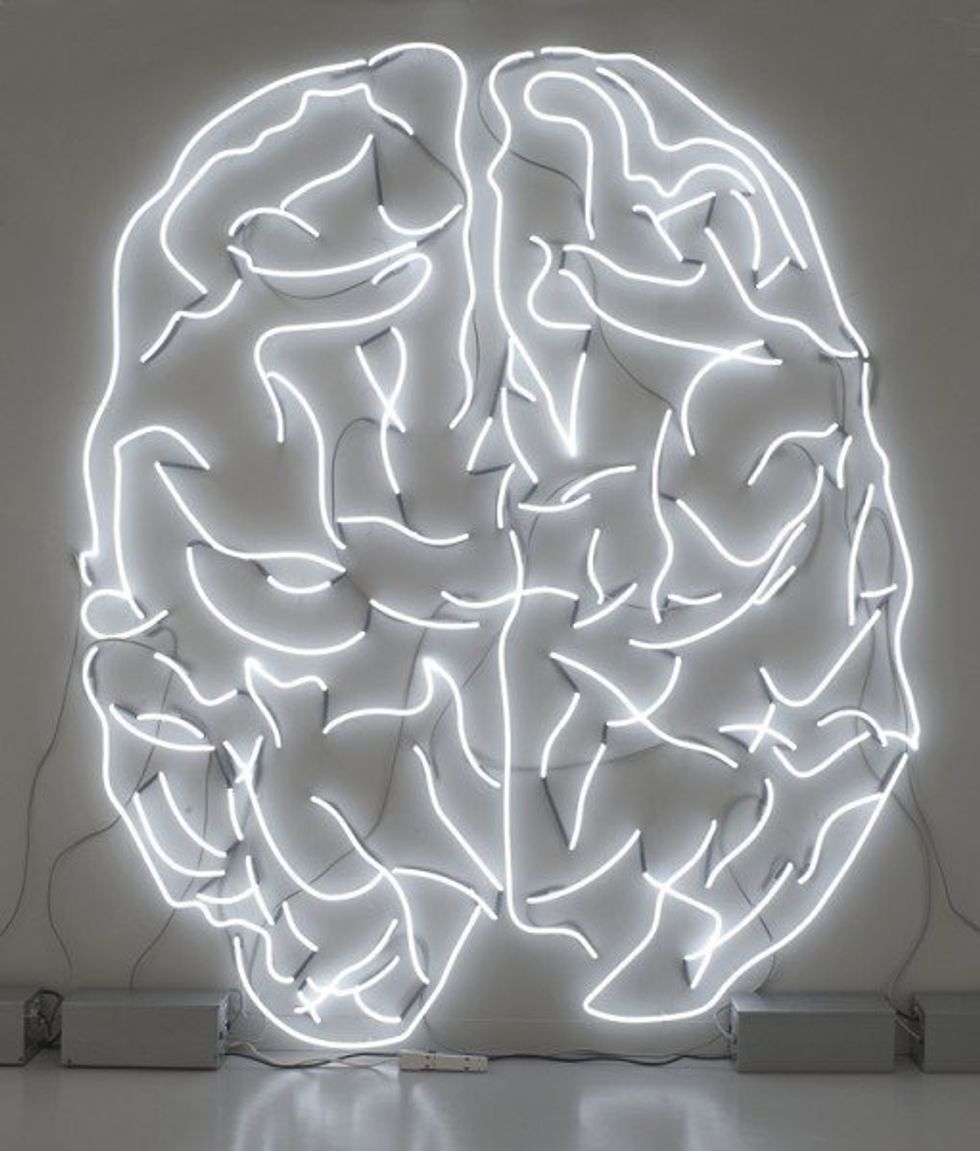“…to seek elegance rather than luxury,” ~William Henry Channing
In William Henry Channing’s “Symphony,” the 1800s clergyman and writer prescribed these virtues, among others, for humans to optimize their living experience on earth. Though I personally would not wholly prescribe his Unitarianism philosophy, I do believe men and women, especially in modern northern American culture, could be enlightened by this insight in particular.
Elegance, in contrast to luxury, can be well described in terms of a deer set against a pig. A thin and graceful deer, perusing a limited yet appropriately resourced forest, is elegance. A pig on the other hand, basking and delighting as it is surrounded by garbage, is luxury. In this sense, Channing describes elegance as living contently within your means, and luxury as constantly being surrounded by abundance. And sure, the pig has far more to indulge in than the deer; he can eat until he is so full he rolls over and falls asleep – how happy and content he must be! However, I can only imagine the deer, if it had the capacity for such thoughts, gazing at the pig and feeling sorry for him.
Scarcely do I encounter truly elegant people. Elegance is defined as the quality of being graceful, neat, and pleasingly ingenious and simple. According to Madame Genevieve Antoine Dariaux, a French woman who wrote "A Guide To Elegance," “to be elegant is first of all to know oneself, and to know oneself well requires a certain amount of reflection and intelligence.” It is imperative to strengthen your self-identity and understand the implications of your actions in context to the world around you. Only then will you realize the subtle power of grace and simplicity -- to truly strive for internal growth over external confirmation.
We see examples of luxury every day in America. People stacking plates at “All You Can Eat” Buffets, shoppers drowning in bags at Black Friday’s 70% off sales, and salespeople showcasing bigger homes, cars, and phones. As if once we have accumulated more, then, and only then, we believe we are enough. I am not arguing you should leave behind all your worldly goods and live in extreme modesty. I know myself, and if I work hard for something, I’m going to want a little pampering (#treatyoself). What I perceive, and what I think Channing warns against, is living in such an access of material things that you lose perspective. Perspective on the role luxury should have in your life; after a while, I imagine luxury no longer feels luxurious, it transitions to a standard life condition. And once luxury becomes normal, anything less feels sacrificial. Such a mentality is detrimental to true happiness.
This is my reasoning for associating extreme luxury with dependency. People are reliant on accumulating more outside of themselves because of dissatisfaction with who they are underneath the different “masks.” Because of this, it is extremely interesting to see how people act when they have nothing; true intimacy happens when nothing is perfect. Would you be the same person, presenting yourself with the same respect and authenticity, surrounded by elites at a New York City dinner as you would serving food to the homeless at an inner-city shelter? I believe the difference in elegance and luxury lies here: when riches are stripped, elegant people will still smile, and luxurious people will criticize.










 Photo by
Photo by 









